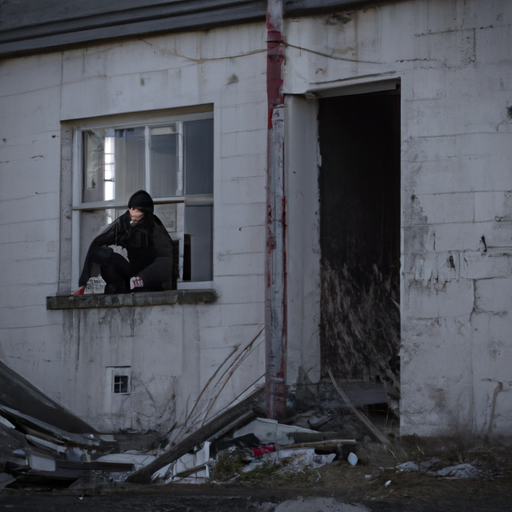The Opioid Crisis in Canada: A Grave Issue and Efforts to Combat It
The opioid crisis has not only transformed into a major public health issue in Canada, but it also presents profound social and economic challenges. The far-reaching tentacles of this crisis have been catastrophic for individuals, families, and communities, causing significant surge in both homelessness and crime rates.
Implications of Opioids
Opioids are powerful drugs that suppress the body’s perception of pain. While, they are indeed a critical resource for legitimate pain management for various medical and health conditions, their rampant misuse has ignited a full-blown crisis in Canada. The escalating number of drug overdoses and deaths is primarily due to potent synthetic opioids, such as fentanyl, permeating the illicit drug market.
The Domino Effect of the Opioid Crisis
One of the principle pieces in the domino effect of the opioid crisis is the link between opioid misuse and homelessness. The abused substances, in this case opioids, often directly contribute to instability in housing. Consequently, homelessness, in turn, impedes access to health care and treatment for substance abuse, creating a vicious cycle that is challenging to break.
Surge in Crime Rate
The opioid crisis’s grasp also extends to the crime rates in Canada. Individuals grappling with addiction often resort to illegal activities, prompting an upswing in criminal behavior. The rise in crime linked to the crisis stretches from petty thefts to more serious offenses. As the crisis deepens, law enforcement agencies and communities grapple with this mounting challenge.
Efforts to Tackle the Crisis: Canadian Opioid Abatement Class Action
Against the backdrop of this troubling scenario, Canadian policymakers, public health officials, and advocates are intensifying efforts to curb the opioid crisis. Enter the Canadian opioid abatement class action, a noteworthy response to this public health disaster. The aim is to make pharmaceutical companies accountable for their role in this crisis.
Notably, Conservative MP Pierre Poilievre has publicly stated his intention to sue big pharma over opioids, stipulating that settlement money should be allocated to recovery centres and prevention programs.
Focus on Naloxone
One strategy to counteract the opioid crisis’s deadly impacts is through the life-saving drug Naloxone. This medication can reverse the effects of an opioid overdose, and programs distributing free Naloxone kits have been rolled out in several provinces, including Ontario.
Key Points
- The opioid crisis in Canada contributes to social and economic issues, including homelessness and rising crime rates.
- The Canadian opioid abatement class action seeks to hold drug manufacturers accountable for their role in the crisis.
- The life-saving drug, Naloxone, is being widely distributed to combat the deadly effects of opioid overdoses.
- Conservative MP Pierre Poilievre aims to sue big pharma, suggesting that settlement funds be allocated to recovery centres and prevention programs.
Final Thoughts
The opioid crisis is an indiscriminate assailant, ravaging individuals, families, and communities across the nation. While the crisis seems daunting, concerted and well-coordinated efforts are gathering momentum to tackle this issue, such as the Canadian opioid abatement class action and the distribution of Naloxone. These initiatives reflect a growing recognition that the crisis can only be effectively addressed via a multifaceted, collaborative, and sustained approach. Importantly, the time to act is now, to stem the tide of this crisis and endeavour to rehabilitate those entrapped in its lethal grip.
